To provide the best experiences, we use technologies like cookies to store and/or access device information. Consenting to these technologies will allow us to process data such as browsing behaviour or unique IDs on this site. Not consenting or withdrawing consent, may adversely affect certain features and functions.
The technical storage or access is strictly necessary for the legitimate purpose of enabling the use of a specific service explicitly requested by the subscriber or user, or for the sole purpose of carrying out the transmission of a communication over an electronic communications network.
The technical storage or access is necessary for the legitimate purpose of storing preferences that are not requested by the subscriber or user.
The technical storage or access that is used exclusively for statistical purposes.
The technical storage or access that is used exclusively for anonymous statistical purposes. Without a subpoena, voluntary compliance on the part of your Internet Service Provider, or additional records from a third party, information stored or retrieved for this purpose alone cannot usually be used to identify you.
The technical storage or access is required to create user profiles to send advertising, or to track the user on a website or across several websites for similar marketing purposes.
 Following yesterday’s news about the fears CEOs harbour with the advent of AI in the workplace, a new poll from Indeed suggests that nearly 9 in 10 UK workers (89 percent) feel confident in their ability to adapt to change over the next five years. According to the survey, nearly two-thirds (63 percent) feel the skills needed for their role will change in the next five years, with 15 percent expecting significant changes. (more…)
Following yesterday’s news about the fears CEOs harbour with the advent of AI in the workplace, a new poll from Indeed suggests that nearly 9 in 10 UK workers (89 percent) feel confident in their ability to adapt to change over the next five years. According to the survey, nearly two-thirds (63 percent) feel the skills needed for their role will change in the next five years, with 15 percent expecting significant changes. (more…)




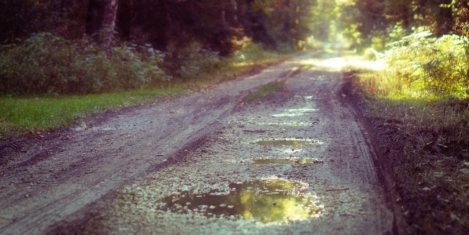
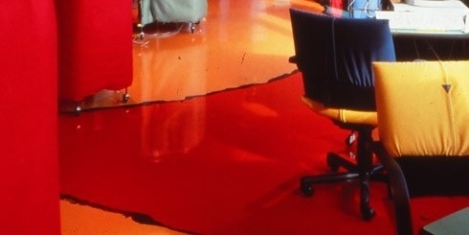
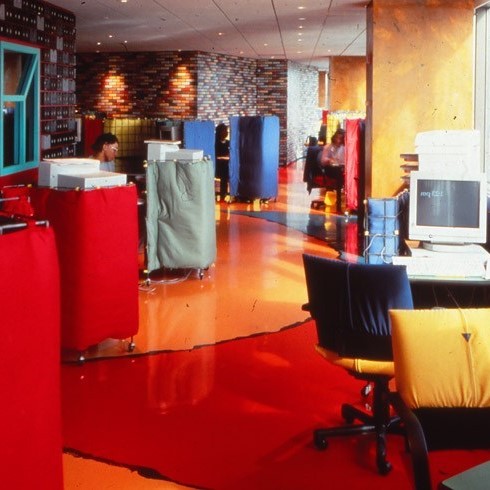

 There are plenty of definitions of the modish concept of biophilic design around right now. But perhaps nobody can top that of Erich Fromm, the sociologist and psychoanalyst who first described it in his 1973 book
There are plenty of definitions of the modish concept of biophilic design around right now. But perhaps nobody can top that of Erich Fromm, the sociologist and psychoanalyst who first described it in his 1973 book 







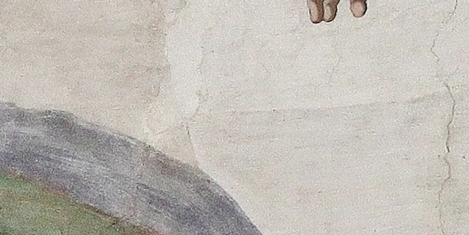

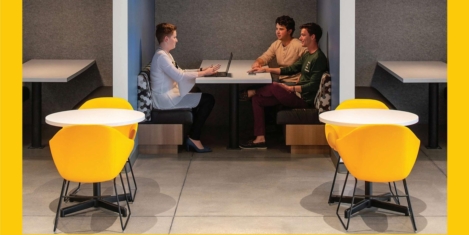
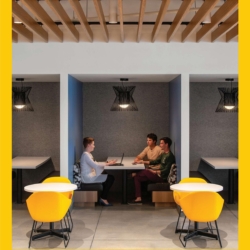
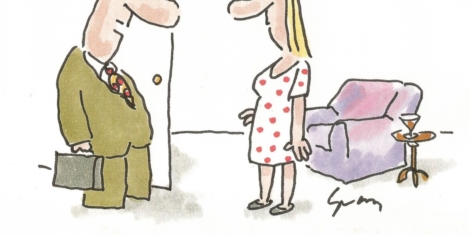
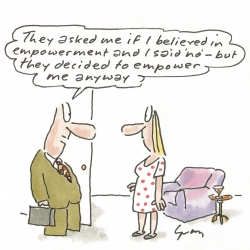
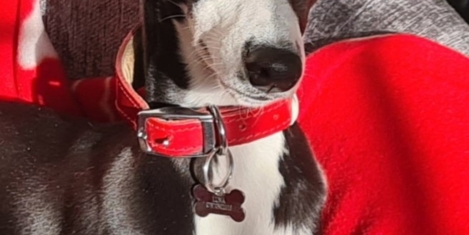










April 7, 2024
The scale of the problem for the workplace
by Mark Eltringham • Comment, Workplace design